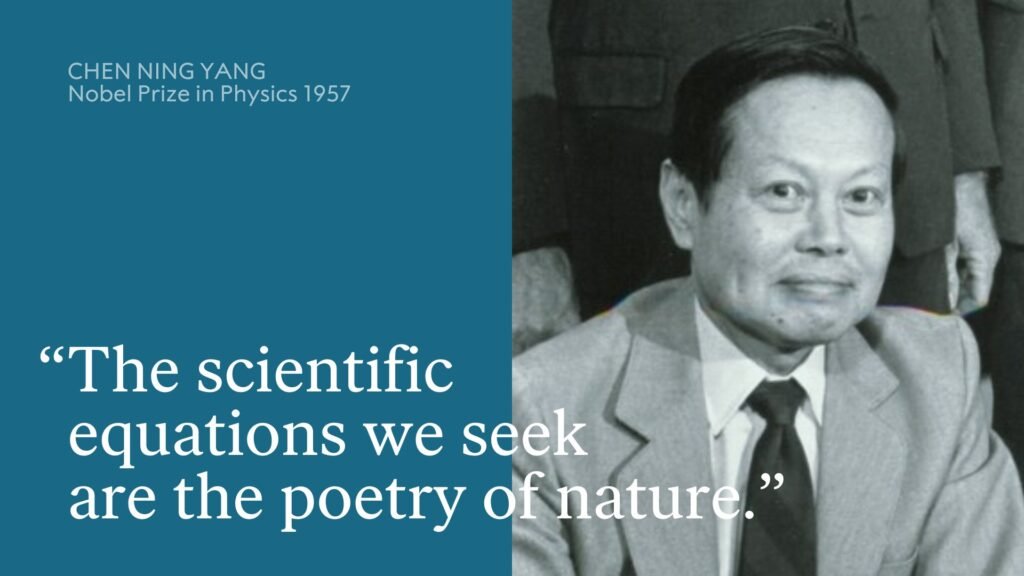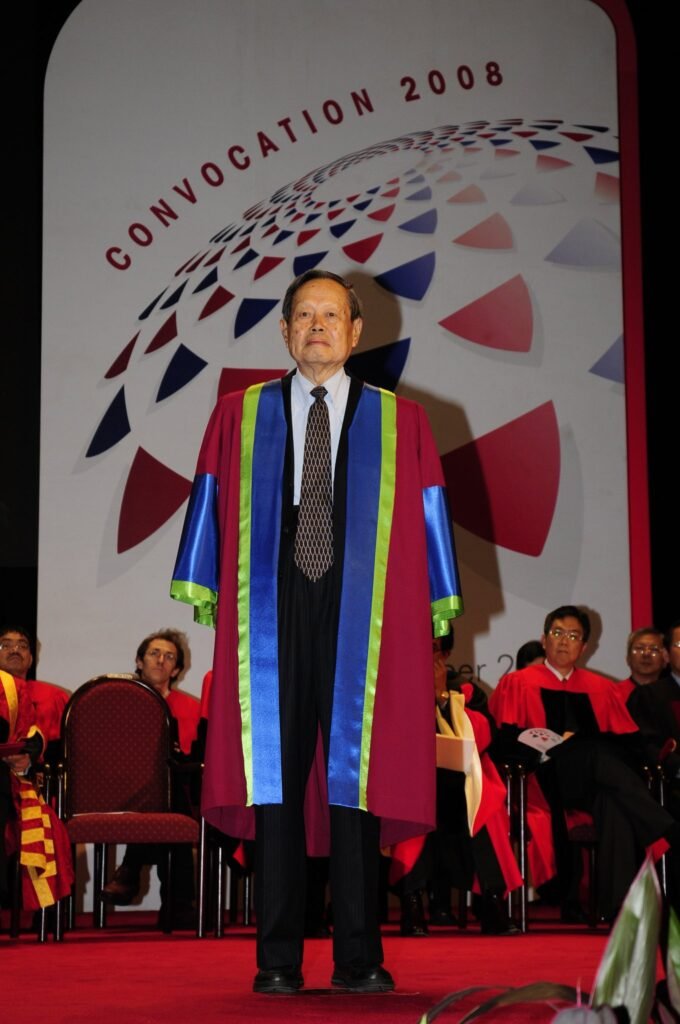World-renowned physicist and Nobel Prize winner Chen Ning Yang has died in Beijing at the age of 103, Chinese state media announced on Saturday.
State broadcaster CCTV reported that Yang passed away after an illness, though it did not specify the cause.
His death marks the end of an era for theoretical physics and for China’s scientific community, which revered him as a bridge between East and West.
Born in Hefei, eastern Anhui Province, in 1922, Yang moved to the United States in the 1940s to pursue graduate studies and later became a U.S. citizen.

In 1957, he and fellow Chinese physicist Tsung-Dao Lee won the Nobel Prize in Physics for disproving the long-accepted law of conservation of parity—a discovery that shook the foundations of nuclear physics.
A Legacy Etched in Modern Physics
Yang’s pioneering work with American physicist Robert Mills in the early 1950s led to the creation of the Yang–Mills theory, which forms the mathematical framework for understanding the fundamental forces in particle physics.
This theory remains central to the Standard Model, the foundation of modern high-energy physics.
After decades abroad, Yang returned to China and became a professor at Tsinghua University in Beijing, where he mentored a new generation of scientists and strengthened China’s engagement with global academia.


“He was a bridge between worlds — between theory and reality, East and West,” a former student told Xinhua News Agency.
Yang’s personal life drew attention when, after the death of his first wife, Chih Li Tu, in 2003, he remarried a 28-year-old graduate student, Weng Fan, a year later at age 82.
In 2015, reports indicated that Yang renounced his U.S. citizenship and fully restored his Chinese nationality — a symbolic gesture that many saw as his final homecoming.
Rate, Like 👍, Comment 💬, Share this article, Follow us on our social media handles, and Submit your own story to get featured and earn rewards!






